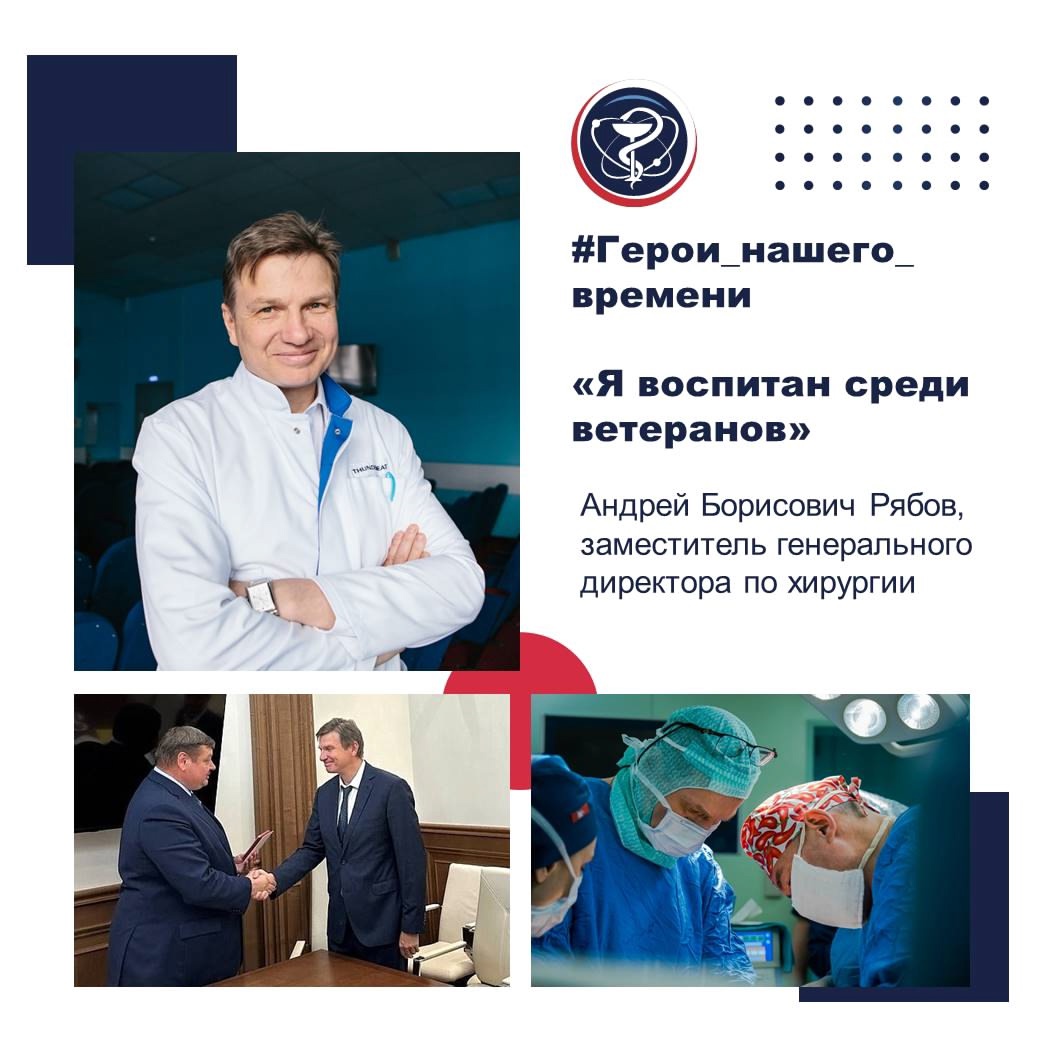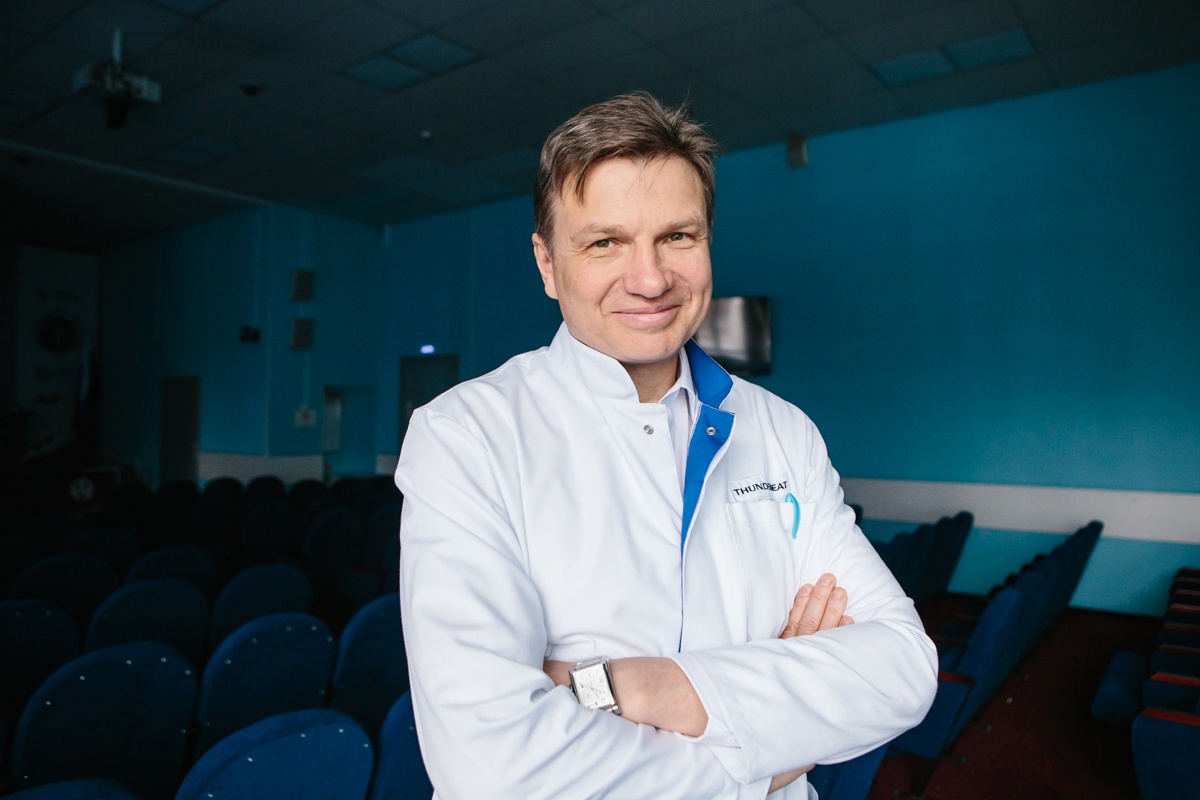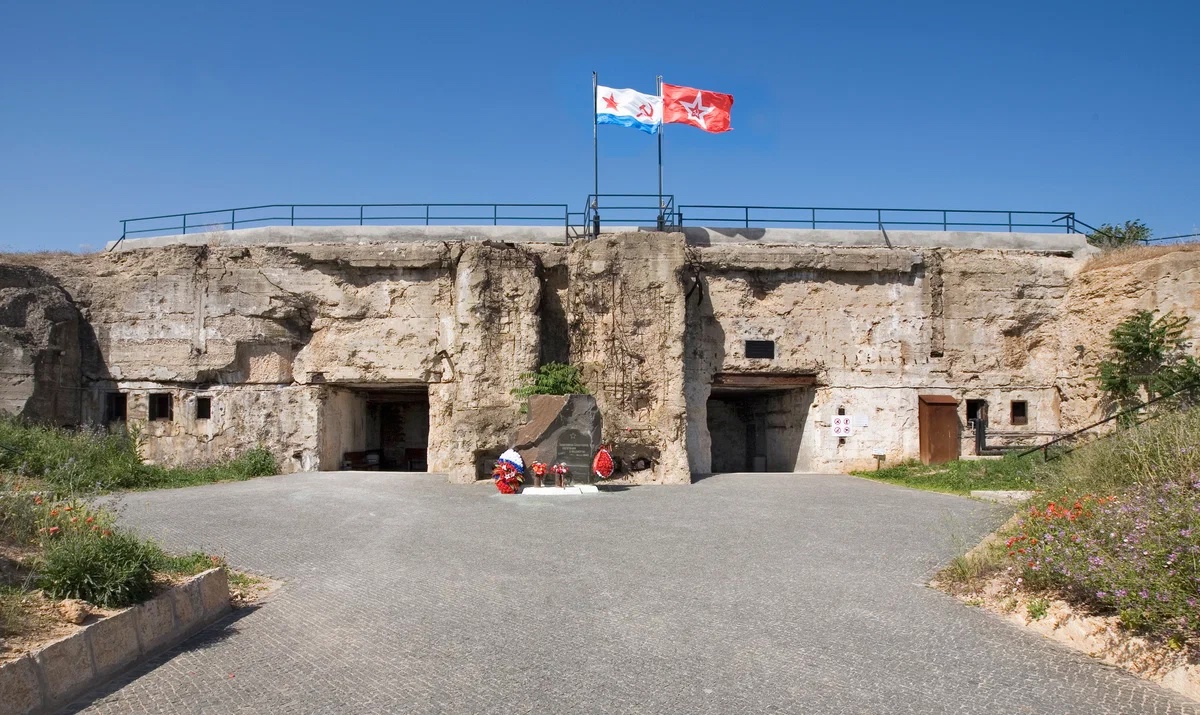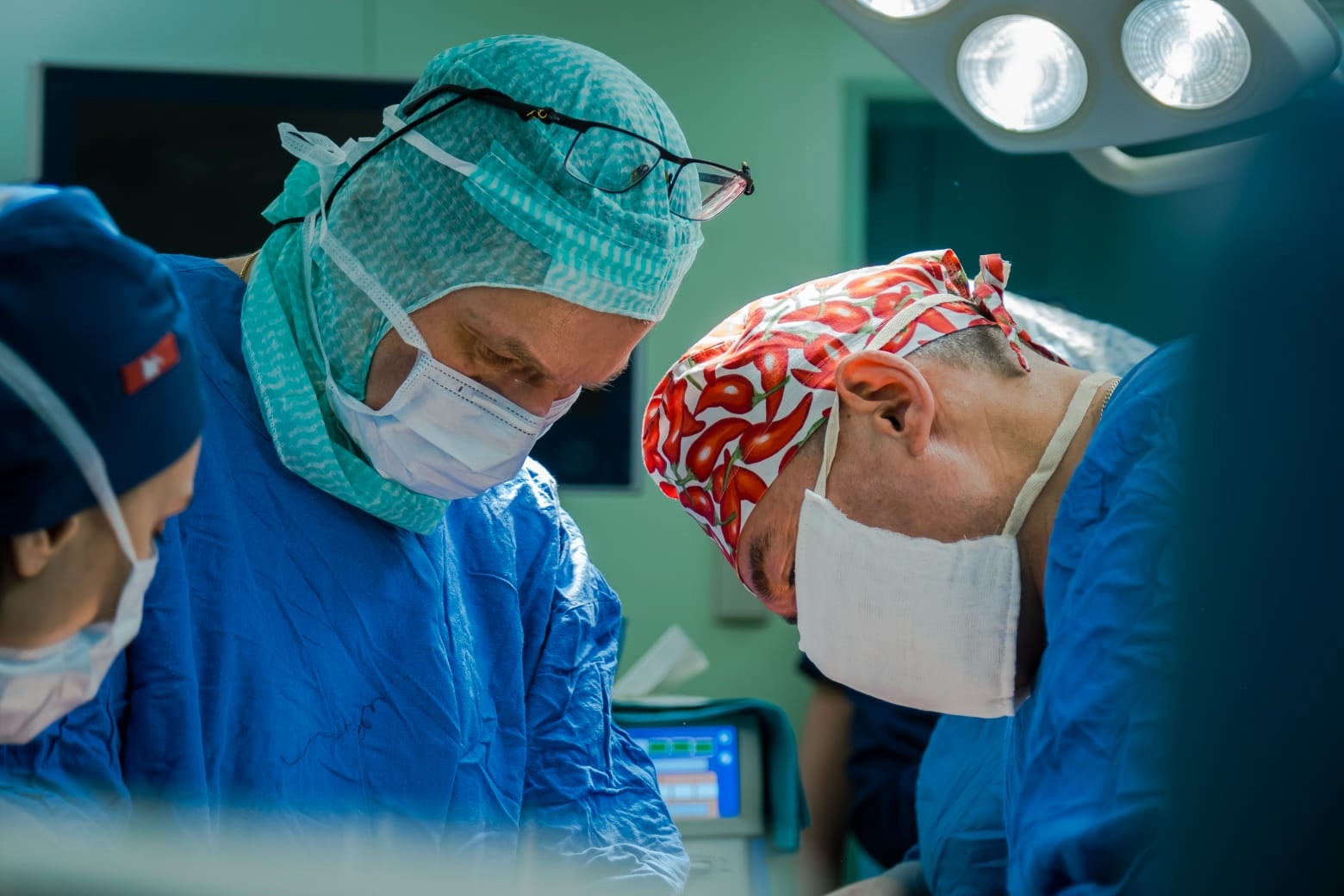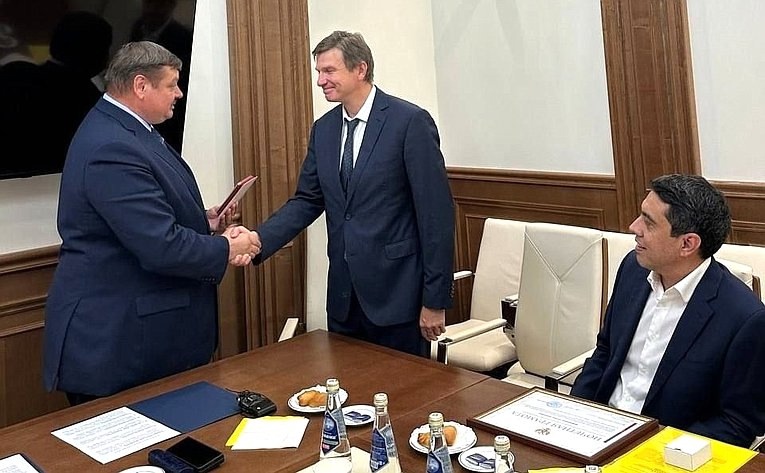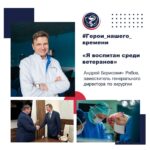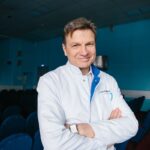HEROES OF OUR TIME Andrey Borisovich Ryabov
Andrey Borisovich Ryabov, Deputy Director General for Surgery at the National Medical Research Radiological Centre of the Russian Ministry of Health:
«I was raised among veterans»
Andrey Borisovich grew up in a family deeply familiar with the Great Patriotic War. The entire older generation fought—on the front lines, in partisan units, and one of his grandfatherswas nearly executed in a concentration camp in May 1945.
«My grandfather was serving in Riga when the war broke out. He fought in the 4th Shock Army until Victory Day and later became a career military officer. My grandmother and many relatives were part of the famous Shnyrev partisan unit in Belarus. Many were killed; my great-grandmother was executed by the Nazis along with other villagers in Surazh. I took my children to the site of this tragedy—the details were reconstructed thanks to the few survivors. One of my great-uncles was captured after being concussed at the 35th Coastal Battery defending Sevastopol. Every one of his stories matched exactly with the guide’s narration I heard in 2014 after Crimea reunited with Russia. He survived death camps. Escaped twice. Just a day before his scheduled execution, the camp was liberated by American troops. Later, he endured the humiliation of post-war filtration and distrust at home, but I never once heard a complaint or word of despair from him. Another great-uncle was a pilot. He eventually rose to the rank of general».
Despite his high position and being an in-demand surgeon, Andrey Borisovich remains approachable, down-to-earth, and always ready to help.
When Crimea voted to join Russia, he was among the first to travel there as part of a team led by RAS academician Andrey Kaprin to assist the local population and medical staff who had remained at their posts against all odds. They performed surgeries, gave lectures, and consulted local residents who had gone years without access to quality medical care.
He continued traveling to Donetsk even after it became completely isolated post-2014 for the renowned conference of the Donetsk Oncology Center named after Academician Bondar, which once gathered top Soviet and international oncologists.
Ryabov also flew on several convoys to Damascus to provide care for the sick and wounded, later playing a key role in the revival of Syria’s oncology service. Thanks to active support from the National Medical Research Radiological Centre, a radiology center was built and launched in Damascus, and Syrian oncologists received advanced training at the Centre in Russia.
Though his profession is entirely peaceful, Ryabov is always there where a helping hand is needed—where no one is left behind. It’s in his genes. It comes from the generation of victors who defended our homeland during the Great Patriotic War.


